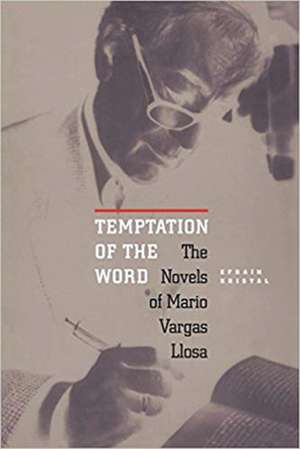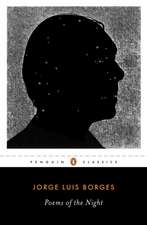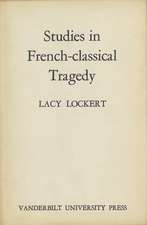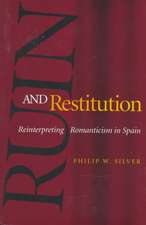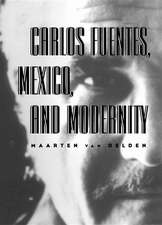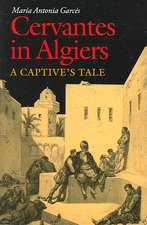Temptation of the Word: Lessons in Movement Leadership from the Tobacco Wars
Autor Efrain Kristal, Efraain Kristalen Limba Engleză Paperback – 28 feb 1998
Preț: 313.66 lei
Nou
60.03€ • 65.18$ • 50.42£
Carte tipărită la comandă
Livrare economică 23 aprilie-07 mai
Specificații
ISBN-10: 0826513441
Pagini: 276
Dimensiuni: 153 x 227 x 18 mm
Greutate: 0.45 kg
Editura: Vanderbilt University Press
Textul de pe ultima copertă
Kristal's analysis of each of the novels sheds light on how literary techniques, themes, and character types appear, recur, and are transformed over the four decades Vargas Llosa has been active as a writer of narrative fiction. In turn, Kristal's close readings are enriched by other sections of the book that offer insights into the intellectual currents and the political ideas that are addressed in Vargas Llosa's novels. This method brings to bear the most pertinent contextual debates, such as a discussion of the way his works borrow from, and sometimes rewrite, masterpieces by Conrad, Faulkner, Flaubert, Malraux, Stendahl, and Tolstoy, as well as exemplary works in the Latin American narrative tradition.
While the political content of Vargas Llosa's novels has novels betrayed his convictions, he has successfully avoided the temptation-fatal, according to Flaubert -- of reproducing rather than recreating reality. Kristal concludes that the central concern of Vargas Llosa's novels is a premise that the hopes and desires of individuals are always greater than theirability to fulfill them.
